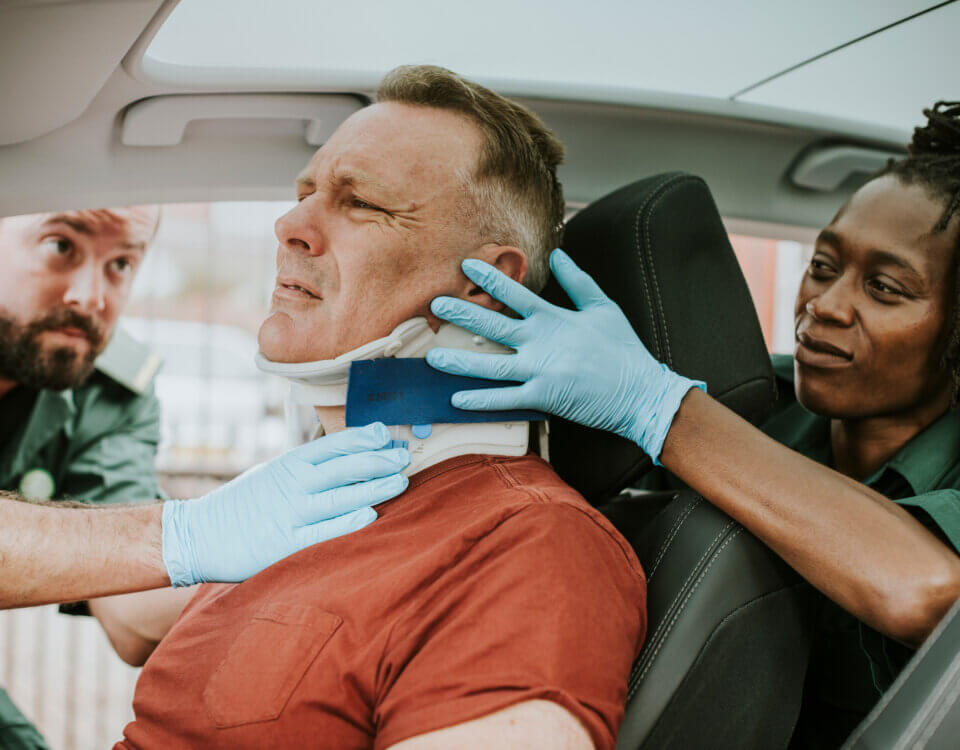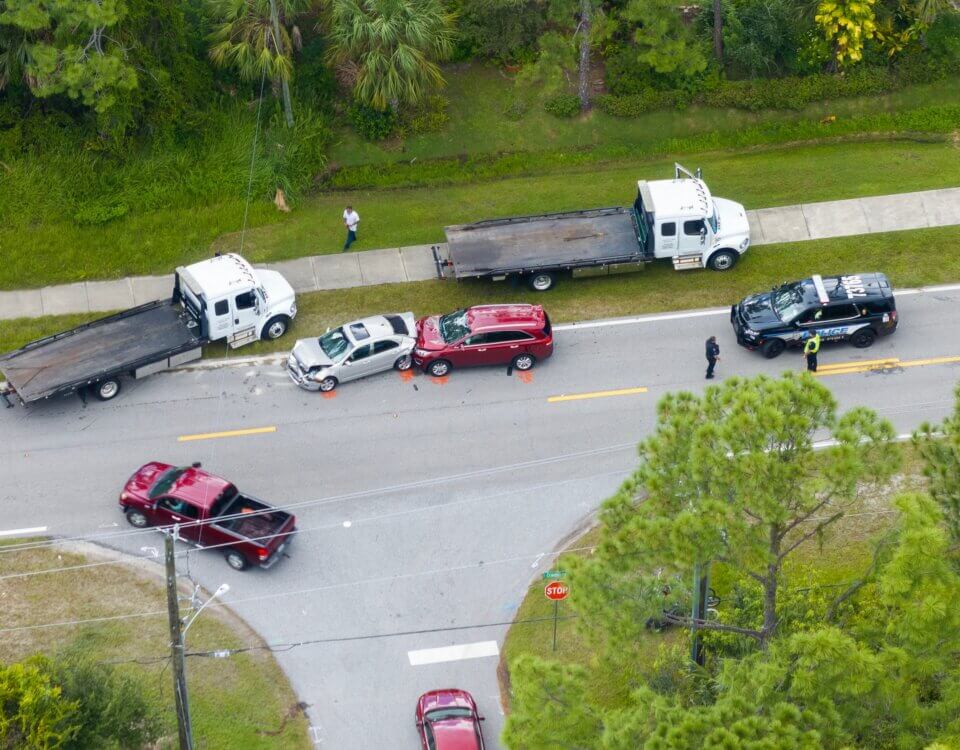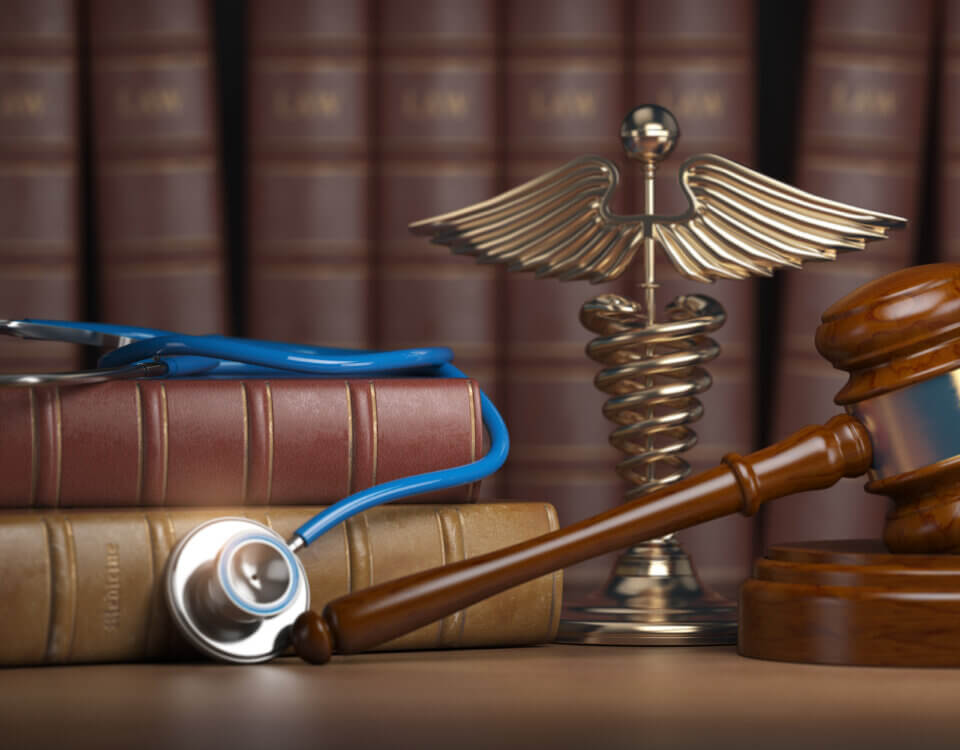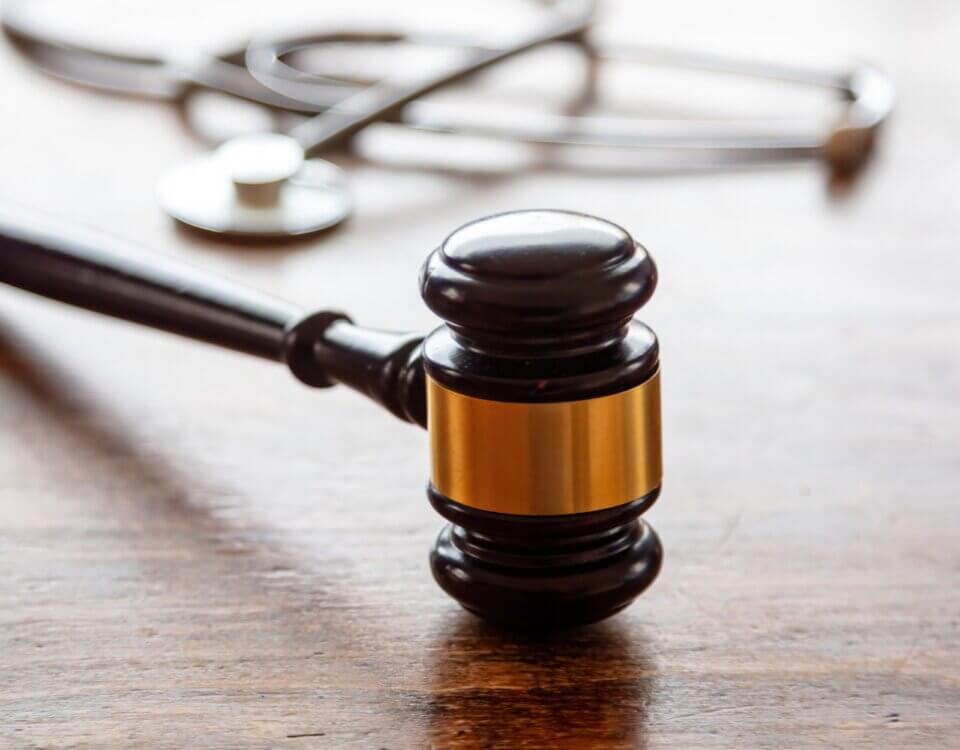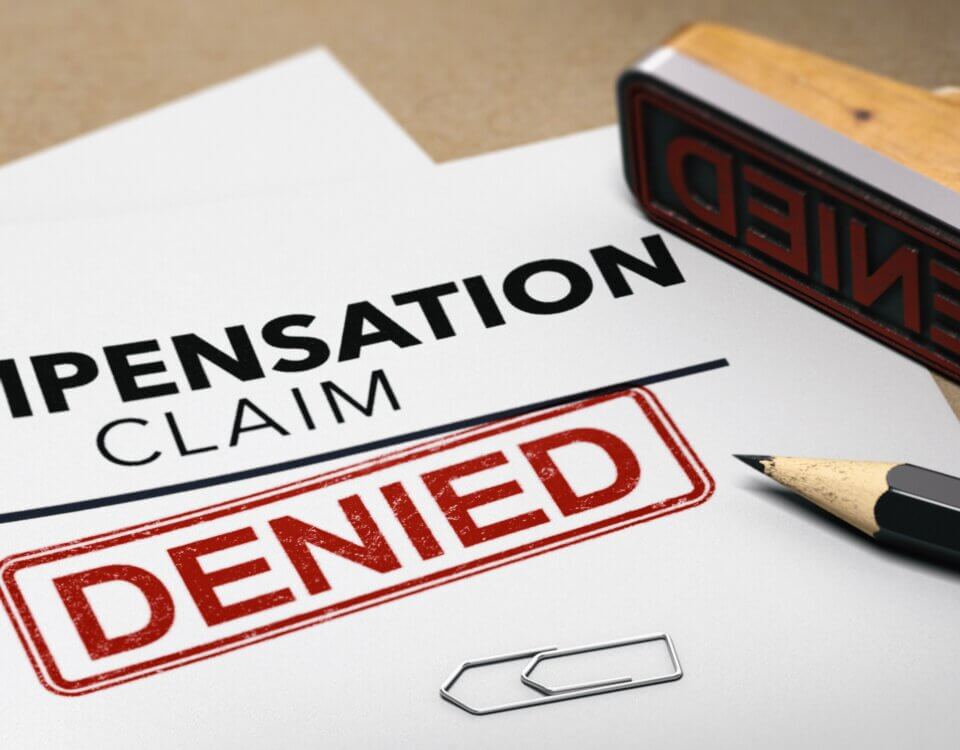After an accident, you expect your personal injury insurance to cover the costs of your medical treatment, lost wages, and other related damages. Unfortunately, many accident victims find that their coverage falls short—or worse, that their insurance company refuses to pay what is owed.
If your insurance doesn’t cover all of your damages, it’s important to know what steps you can take to protect your rights and secure the compensation you deserve. At Hillstone Law, we help injured clients across California explore their legal options when insurance falls short.
Why Personal Injury Insurance May Not Cover Everything
Insurance policies are designed with limits, exclusions, and restrictions. Even if you’ve been paying premiums for years, your policy may not fully cover the costs of a serious accident.
Some common reasons your coverage may fall short include:
- Policy minimums that don’t cover extensive injuries
- Exclusions for certain medical treatments or long-term care
- Disputes over liability when insurers argue you were partly at fault
- Delays or denials by the insurance company looking to minimize payouts
When this happens, working with a skilled personal injury lawyer can make all the difference.
Minimum Insurance Coverage Is Often Not Enough
Every U.S. state sets minimum requirements for auto and personal injury insurance. These typically cover:
- Bodily injury
- Death benefits
- Property damage
However, these minimums are rarely enough to cover the true cost of serious injuries. For example, they often don’t account for:
- Long-term loss of income
- Future medical care and rehabilitation
- Emotional distress or pain and suffering
- Loss of quality of life
This is why accident victims often need to pursue additional compensation through a personal injury claim.
When Health Insurance Doesn’t Cover the Gap
Even if you have health insurance, it may not be enough to cover all accident-related expenses. Victims often face:
- Out-of-pocket costs for surgeries or specialized treatments
- Rehabilitation and physical therapy expenses
- Long-term or permanent care needs
In these cases, a personal injury lawsuit against the at-fault party can help bridge the gap and ensure you have the resources you need for recovery.
Building a Strong Personal Injury Case
To pursue additional compensation beyond insurance coverage, evidence is key. This can include:
- Police reports detailing the accident
- Medical records showing the extent of your injuries
- Witness statements supporting your version of events
- Expert testimony from healthcare providers or accident reconstructionists
It’s also critical to act quickly. California law imposes a statute of limitations, which means you only have a limited time to file your claim. Missing this deadline could prevent you from recovering damages altogether.
When Intoxication Plays a Role
Many personal injury cases involve accidents caused by intoxicated drivers or individuals under the influence of drugs or alcohol. These cases often result in severe injuries due to reckless behaviors such as:
- Speeding or sudden braking
- Swerving into other lanes
- Ignoring traffic signals
- Driving aggressively
When intoxication is a factor, the at-fault party is often found liable for the injuries and damages they caused.
How Hillstone Law Can Help
If your insurance doesn’t cover all your damages, you don’t have to face the financial burden alone. At Hillstone Law, we will:
- Review your insurance policy and identify gaps in coverage
- Investigate the accident to determine all liable parties
- Gather and present strong evidence to support your claim
- Handle negotiations with the insurance company
- Pursue maximum compensation through settlement or trial
We work on a contingency fee basis, meaning you pay nothing unless we win your case.
Contact Hillstone Law Today
If your personal injury insurance isn’t covering all of your damages, don’t settle for less than you deserve. Contact Hillstone Law today for a free consultation. We’ll review your case, explain your options, and fight to ensure you receive the full compensation you need to recover.



